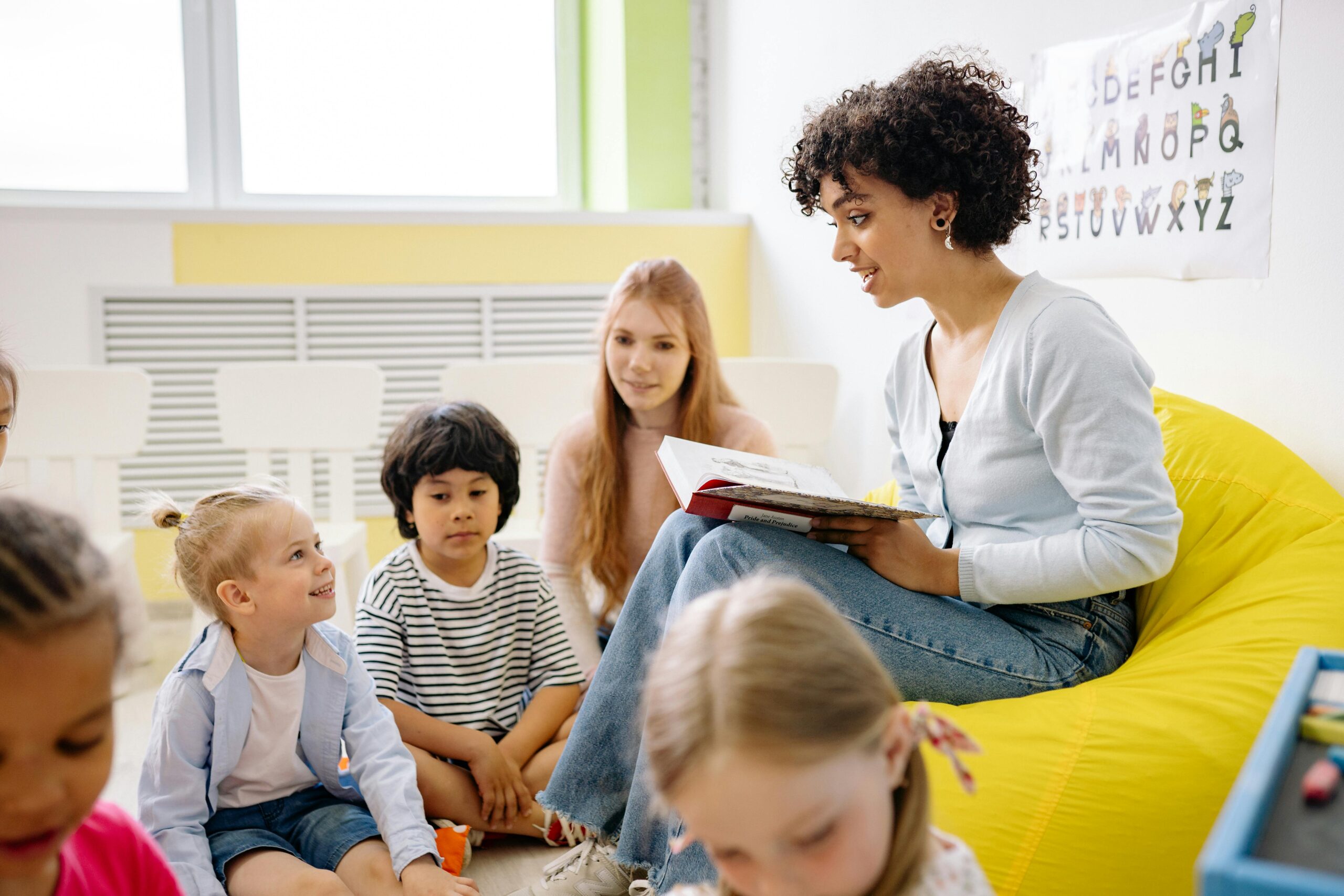Starting a child’s education early can dramatically improve his or her future development which, in a way, is the basis of their future educational and personal growth. Many parents struggle with what constitutes an ideal early learning program for their offspring. This piece shall unveil the good living factors that the children are to follow in an early learning program hence which makes the same program to be described as effective and also it propels them to acquire desirable skills.
A Nurturing and Safe Environment
Aside from that, proper growth and development of children is attained when they are placed in a welcoming and safe atmosphere whereby they can repair themselves. Such an environment should provide neat, well-kept facilities with the right-on-time equipment and materials for kids of their age. The heaven shall be tailored in a manner that it caters to all curiosities and realizes the exploration of the toddlers and discovery of the little wanderers of childhood.
Qualified and Caring Staff
Teaching personnel are in the front line of public education, therefore, the better they are at their work-the better it is as well for the children. Excellent educators should be hired who are well trained and who are not only used to child development but if possible, they would certainly go for staff members who actually love to interact with children. Educators shall be calm, kind, and capable of building good relationships with both children and parents.
Developmentally Appropriate Curriculum
A powerful early learning program has an educational program that suits the development of young children which implies that learning activities and lessons are designed according to the kids’ and grade’s needs. The curriculum has to be designed in such a way that in real sense it should be dedicated to the cognitive, social, emotional, and physical development of children.
Play-Based Learning
With the fact that education through play is one of the fundamental parts of a children’s education it is necessary for discerning educators to acknowledge that the children have to be involved in play learning to experiment, and explore new things in life. To align on this, children will be able to exhibit creativity, problem-solving skills, and even social skills.
Language and Literacy Focus
Not only is early exposure to language and literacy important for a child’s personal growth, it also plays a good deal of the child’s subsequent well-being. A good program serves the purpose of substituting each day with reading, storytelling, allowing children to express themselves. This is a stepping stone to form future students who have the skills of reading and writing.
Social and Emotional Development
All high-quality early learning programs take social and emotional development seriously. They provide opportunities for children to learn how to be good friends, to manage their feelings, and to show empathy towards others. These abilities are crucial for students who want to be successful both in the classroom and in their future lives.
Parent Involvement
Healthy early education programs understand the significant impact of parent involvement. As well as holding communication platforms with parents, a child gets to show his proficiency in learning, and parents acquire a chance to be a part of their child’s school path.
Individualized Attention
Learning throughout the second level involves significant differences between students and a student’s educational history. The teachers can start by adapting activities to suit different learning styles before moving on to offering additional support where needed.
Cultural Sensitivity and Diversity
Adequate early learning ought to be cultural-sensitive and all embracing. It opens the kids up to various cultures, languages, and traditions thus making them familiar with the world and the people living in it.
Regular Assessment and Feedback
An ideal program not only assesses kids performance but uses assessment information for planning better instruction to the kids. Thus, it necessitates the need for educators to create their teaching methods in the form of DSOs that are not only effective but also entice the kids into the process of learning. In addition to that, regular feedback to parents is crucial for them to know about their kids’ development.
Preparation for Future Learning
Of course, even though a child is now of their age, a great early learning program still paves the way for the future academic challenges they are to face. It just helps them acquire such skills as critical thinking, problem-solving, and creativity which are relevant for the successful consequence of future cycles of schooling.
Conclusion
An excellent early learning program is multidimensional, taking into account the overall development of a child. Children can live, learn and grow in a safe and caring atmosphere. Highly skilled and loving staff, we achieve the developmentally appropriate curriculum in a play-based way. Space to develop social skills as well as emotional learning involve parents, Children are cared for. Also apply attention to the progress in cognitive and social aspects of different backgrounds together with background integration; early learning programs leading towards successful academic journeys have diverse life skills.

